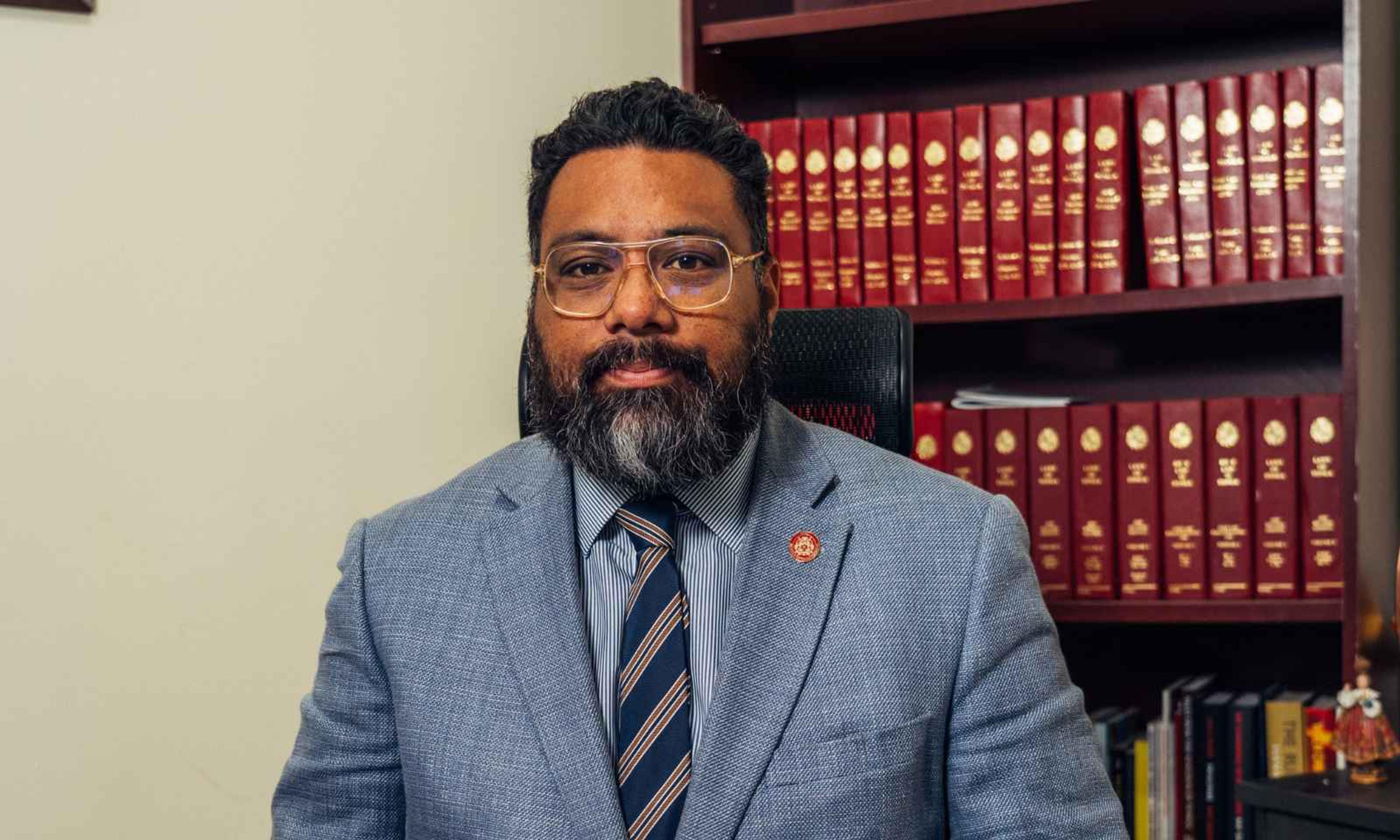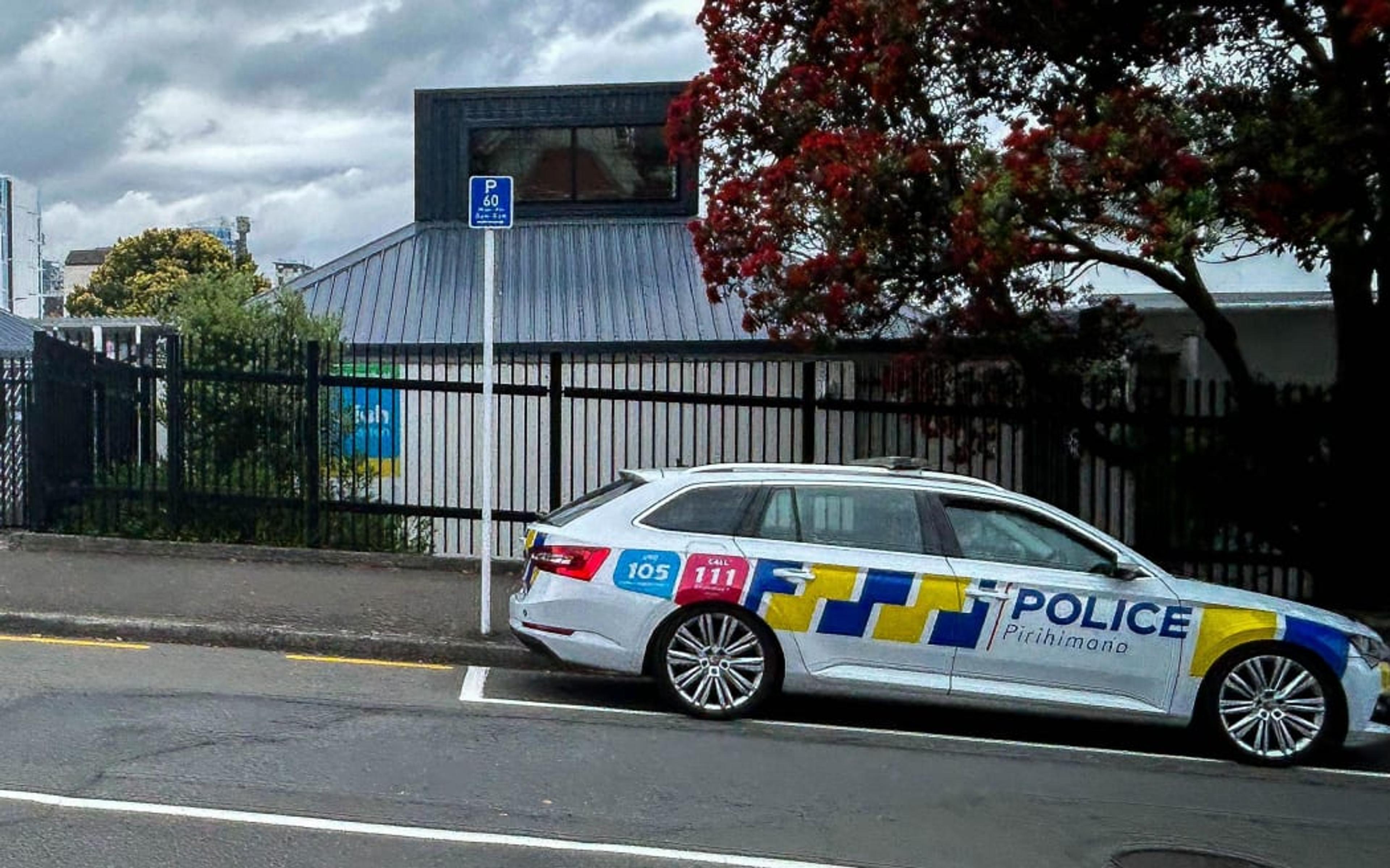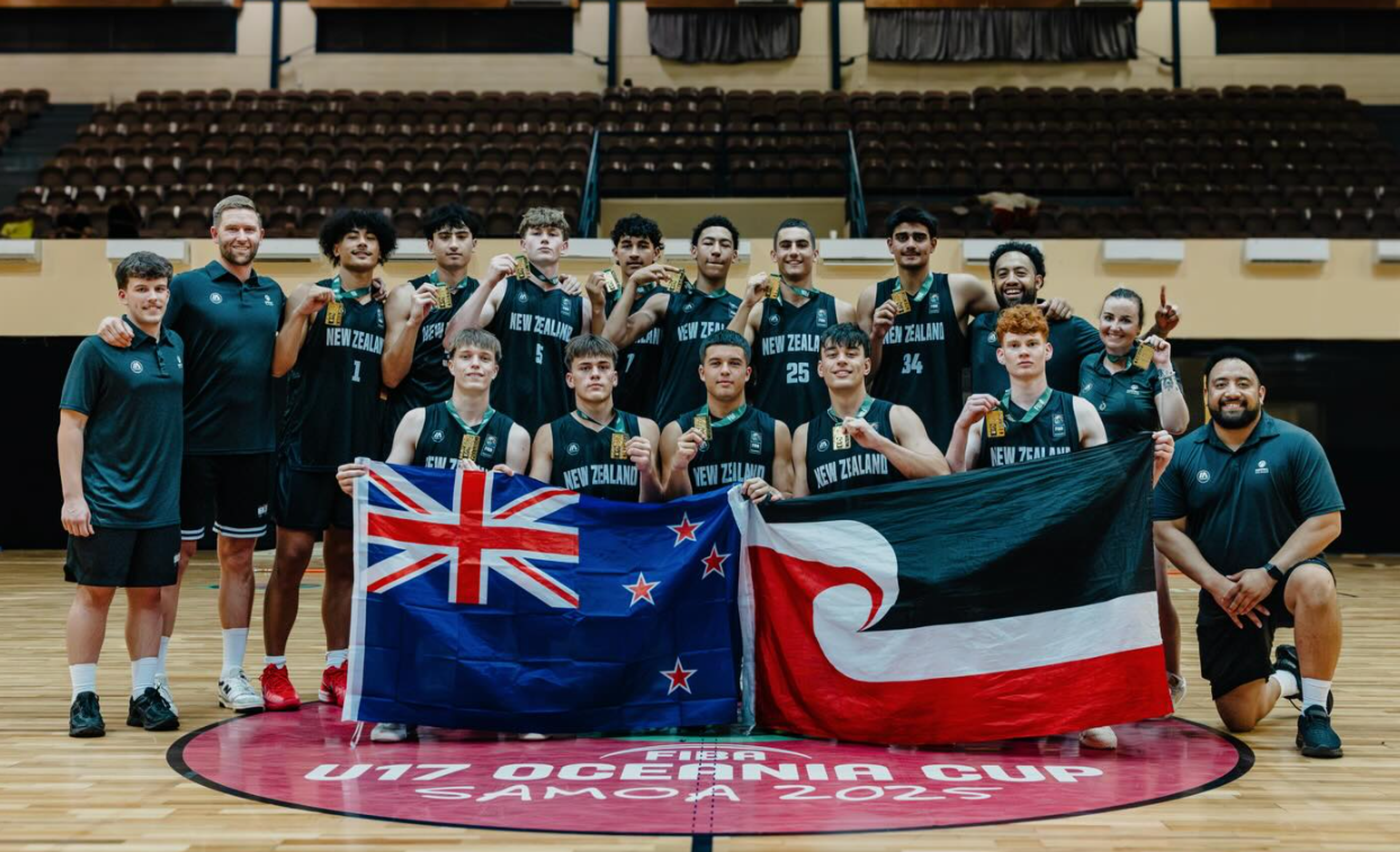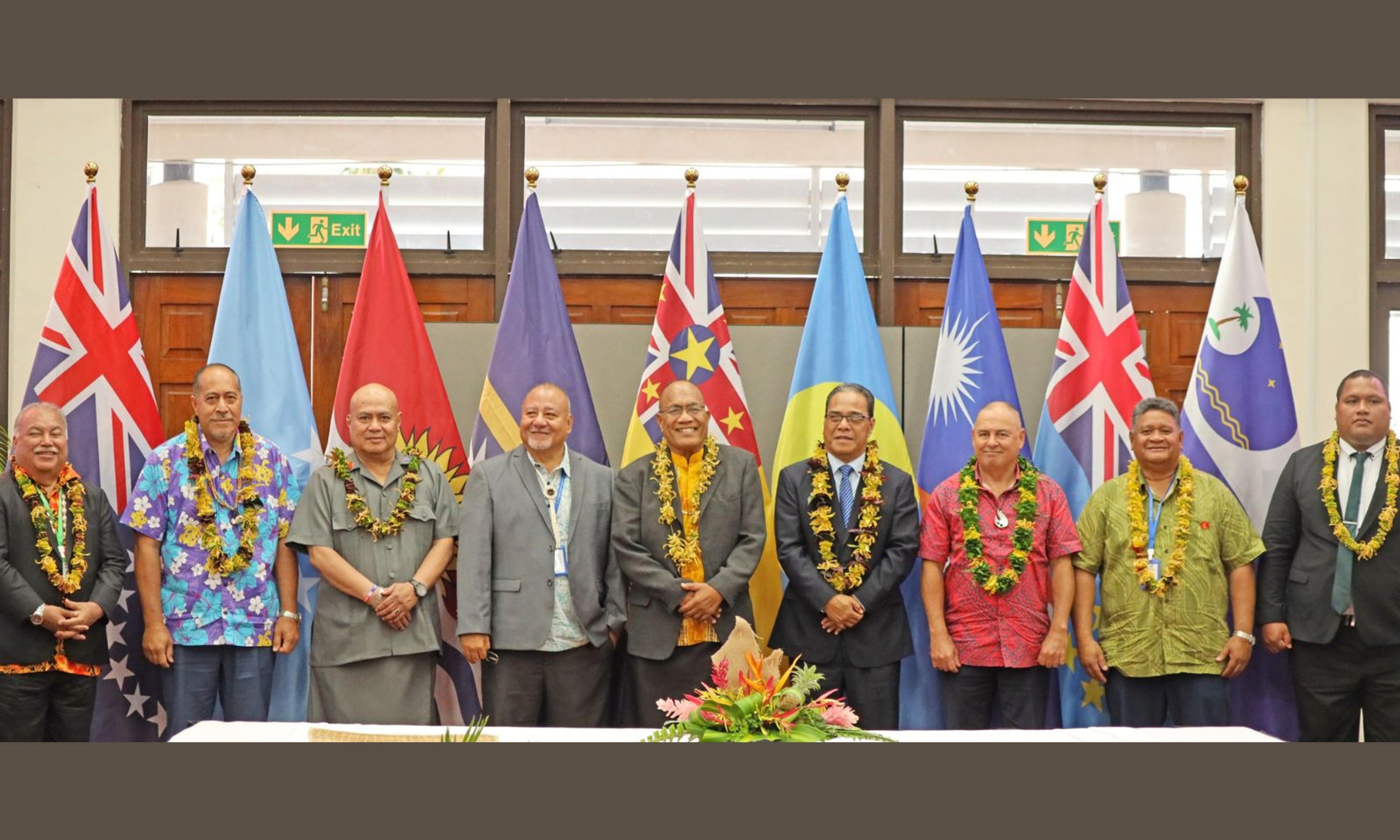

Jordan Ikitule started ASD Dads as a support group for fathers of children with autism, it has grown to be a wider network of advocay and awareness.
Photo/Facebook
Running with purpose: Pacific dads champion autism awareness
From a garage fono to an international network, ASD Dads founder Jordan Ikitule reminds us awareness starts at home.



Tongan brothers lead Junior Tall Blacks to historic Under-17 Oceania crown first

Pacific told to rethink ‘friends to all’ approach as region faces rising geopolitical pressure



Tongan brothers lead Junior Tall Blacks to historic Under-17 Oceania crown first

Pacific told to rethink ‘friends to all’ approach as region faces rising geopolitical pressure
April is Autism Awareness Month in Aotearoa New Zealand.
The mission to support Pacific and Māori parents and families, particularly those living in low socio-economic areas, is amplified by the annual ASD (Autism Solutions Driven) Dads Run For Autism event.
The term ‘ASD’ not only stands for Autism Spectrum Disorder, which is a complex developmental condition characterised by persistent challenges in social communication, restricted interests, and repetitive behaviours, but also signifies the collective’s goal of raising awareness and support.
ASD Dads - Fathers with Autistic Children aims to provide advocacy, empowerment, and free resources for children diagnosed with ASD.
Jordan Ikitule, the founder of ASD Dads, has a six-year-old son named Storm who is on the autism spectrum, as well as a daughter who does not have a neurological condition.
Ikitule joins Sia Petelo and Henry Hohenberger on NiuFM to discuss the greater impact of autism awareness.
“It’s helped me so much, especially (now) I’m more empathetic,” he says. “For me, hearing about autism before my son was diagnosed, it was a brush off the shoulder sort of thing, you know.”
The Run For Autism is an annual charity event that has expanded this year to include locations in Auckland, Sydney, Utah in the United States, Japan, and Hawaii.
But due to unforeseen circumstances and safety risks, the Auckland event has been postponed until 26 April.
Understanding neurodiversity
The Māori word for ‘autism’ is Takiwātanga, a term coined by Keri Opai, the Māori strategic lead at Te Pou o te Whakaaro Nui Diversity Works NZ.
Takiwātanga is derived from Opai’s phrase to describe autism as “tōku/tōna anō takiwā - my/his or her own time and space”.
“It’s framed as a neurological disability. It’s invisible. It’s not something that you can see. It’s more so in the mind, and more common than we think,” Ikitule says.
He adds that on the surface, signs of ASD can sometimes be mistaken for behavioural issues, which Pacific and Māori parents might quickly discipline.
Ikitule says awareness includes understanding the types of language that can be associated with ASD and neurological disorders, such as ‘overstimulation’ and ‘hypersensitivity’.
“Tantrums are so different for kids who aren’t on the spectrum, like my daughter isn’t on the spectrum and how I’ve been able to raise her versus my son, there’s a big difference.”
One of the biggest misconceptions Ikitule highlights is the belief that children with autism are naughty.
Estimates suggest that between one and two per cent (50,000 to 100,000 people) of the New Zealand population is autistic. However, local studies often overlook the true prevalence of autism.

ASD Dads founder Jordan Ikitule with AutismNZ chair James Le Marquand. Photo/Facebook
Ikitule says that through his research, it is more likely that one in four people is on the autism spectrum.
From moment to movement
ASD Dads originated from Ikitule’s garage in Manurewa a year and a half ago. They were born out of frustration over the lack of understanding about autism.
What began as a small support group for a few fathers quickly grew, leading to the launch of the Brisbane branch on 12 April.
In a short time, ASD Dads has evolved significantly, creating inclusive spaces such as the ASD Mums group, multiple community outreach programmes, workshops known as Autism Fono Fale, and organised outings for families with children on the spectrum.
“I feel like sometimes people sugar coat it, but in reality it’s tough and there’s like a lot of things happening in this space, like parents are committing suicide, a lot of kids are being abused,” Ikitule says.
He adds that connecting with other parents familiar with the “challenges and joys” of raising autistic children has been beneficial for many families who previously felt isolated.
Many Pacific and Māori parents feel mā or struggle to seek help, and Ikitule is often taken aback by the common prevalence of autism within these communities.
“When my son was diagnosed and my niece, I started to learn more about it. I just (have) so much empathy, especially connecting with other parents, ‘coz it’s tough.”
“I’m more grateful to have started it and to be in this space. I couldn’t have imagined to be where we are today.”
For updates and registration information for the Run For Autism Auckland event, or to learn more about the work of ASD Dads, visit their website here or go to their instagram or facebook pages.